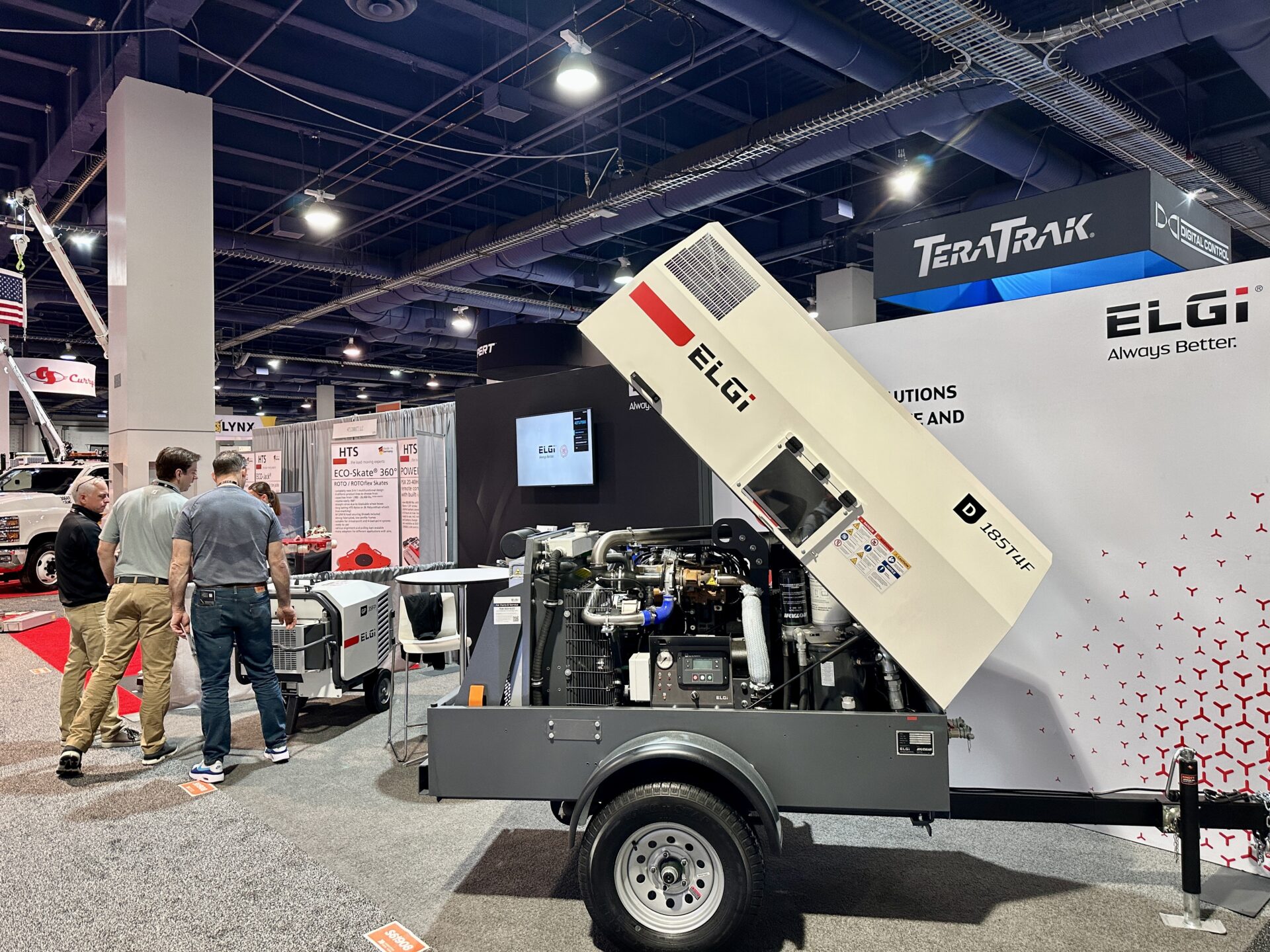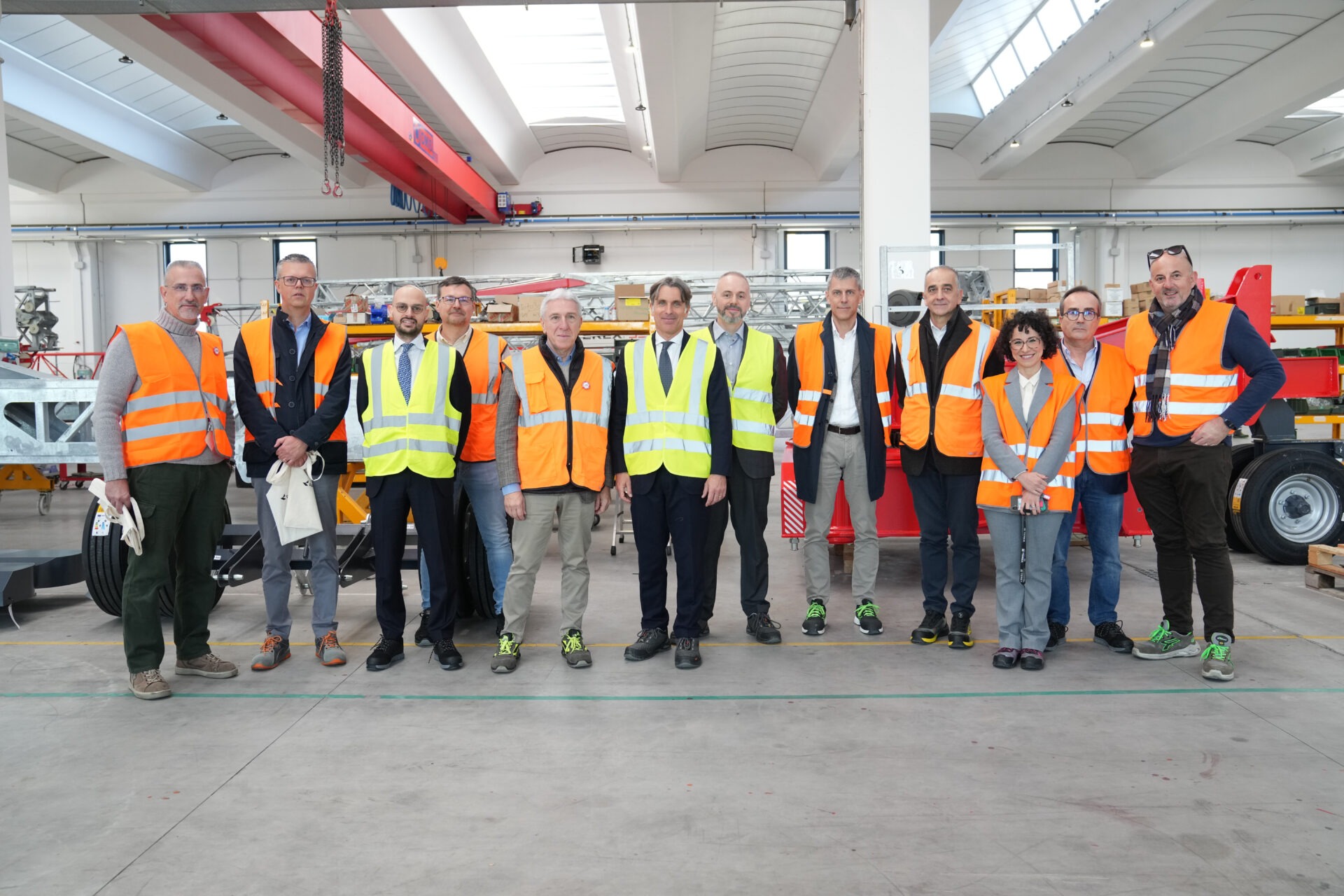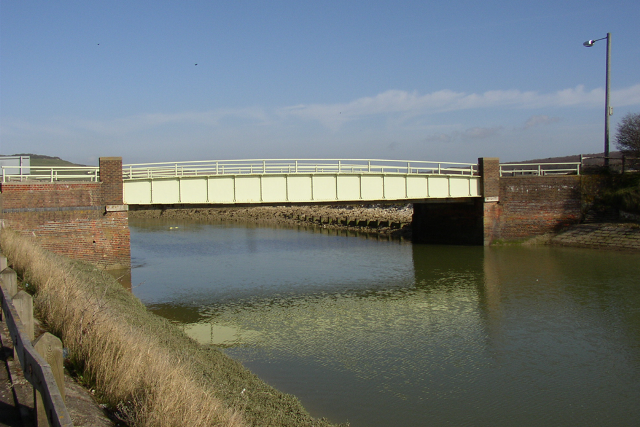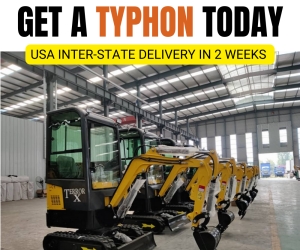Titan Machinery CEO: Contractors Still Buying Construction Equipment
The head of the Case and New Holland dealership that spans 13 states has seen a pullback in purchases in some sectors but lots...

While equipment sales have definitely pulled back from the highs of the last two years, Titan Machinery President and CEO BJ Knutson says contractors are still spending money. However, the current business environment is still a mixed bag among the customers at the Case and New Holland dealership, which has locations in 13 states from the Midwest to the West Coast.
“Every sector of the business the last couple years was going well,” he says. “Now what we've seen is kind of the opposite. Large warehouse (construction) had the biggest softening, and then residential had the next biggest softening. But certain areas like the government side, especially things like roads and bridges, also internet cabling and solar farms – those types of things are still doing well.”
Knutson says, overall, contractors are still staying busy. One side effect of that, however, has been a decline in the rental side of the dealership’s business, as contractors’ core equipment fleets are handling the bulk of their jobs.
“Contractors are still making purchases,” Knutson says. “They're keeping their crews busy, their core fleets busy. That's caused the rental to back down a little bit, because often the contractors will own their core fleets and then use places like Titan Rentals or Sunbelt Rentals to handle that excess work.”
There’s some apprehension among contractors now, however, as lead times on booked jobs have gone from 18 months in 2021 and 2022 to now six months. That's a relatively “normal” backlog, but Knutson says it dampens demand for contractors to grow their fleets.
“We're definitely still seeing the fleet replacement,” says Knutson. “We still have an aged fleet out there from a subdued market for so many years, really going all the way back to 2009. And then during these good times, we were so capped on production that the fleet just got more aged. So, there's still pent-up demand there.
“But offsetting that is – what we're not seeing is them increasing their fleets, or any incremental purchases. That's much more subdued. The average contractor just isn't really looking to add a machine.”
Making Interest Rates Palatable
With high interest rates still hanging on, Knutson says, subsidizing rates helps make the sale on new equipment, with 4% and lower seeming to be the breaking point. Customers also might accept having to pay a market rate in the future if they believe a federal rate cut down the line could allow them to refinance at an attractive percentage.
“If you can just take the edge off and even get it down to under 4%, it absolutely makes it palatable for them,” he says. “I believe much more of the market out there believes rates will come down – it’s just whether that starts in six months or a year.
“If they [customers] can just get that peace of mind – the first year is going to be a 1% interest rate followed by the market rate of 6% after that, that'll often do it too. Because you're playing the odds that they're going to be able refinance in a year or two at lower interest rates.”
Election Impacts on Purchasing Decisions
Knutson says many of Titan Machinery’s contractor customers list the upcoming election as either a reason to make a purchase or a reason to not make a purchase. Part of that, he believes, has to do with the views the parties have on industries in which contractors work.
“Each of the parties has their own different approaches on taxes, pipeline development, solar power, the oil industry, ethanol, biodiesel and wind,” he says. “And all those things impact different segments of the construction industry.
“I'm guessing there's some of our contractors that put up the wind turbines and solar panels hoping the Democrats win. And many of our oil and gas customers probably hoping that Republicans win.
A Softer Construction Environment
Titan Machinery is predicting the second half of 2024 will be fairly flat compared to the same period last year for its construction business. Knutson says the market is softer but is also finally free of manufacturing constraints that plagued equipment dealers for the last 3 years.
“A year ago, we were still in that tail end phase of being limited by some production that dated all the way back to Covid constraints in certain product categories,” Knutson says. “Now it's an unconstrained environment, but it's a softer environment, and so those two things offset each other a bit.”
He says there are still some models of equipment that come with longer lead times, but overall inventory levels and manufacturing lead times are back to normal.
This softening environment, including reduced demand for increasing contractor fleet sizes, means salespeople need to work harder on the sale to illustrate value to the customer.
“Our salespeople are having to work a little bit harder,” says Knutson. “They're having to put in a little bit longer hours, having to be a little smarter about their time, find the right customer.
“You always have to find the benefit for the customer. It’s making them more productive or increasing the cubic yards of dirt they can move per day, or even per cycle. We just have to be better at that.”

 machineryasia
machineryasia 









